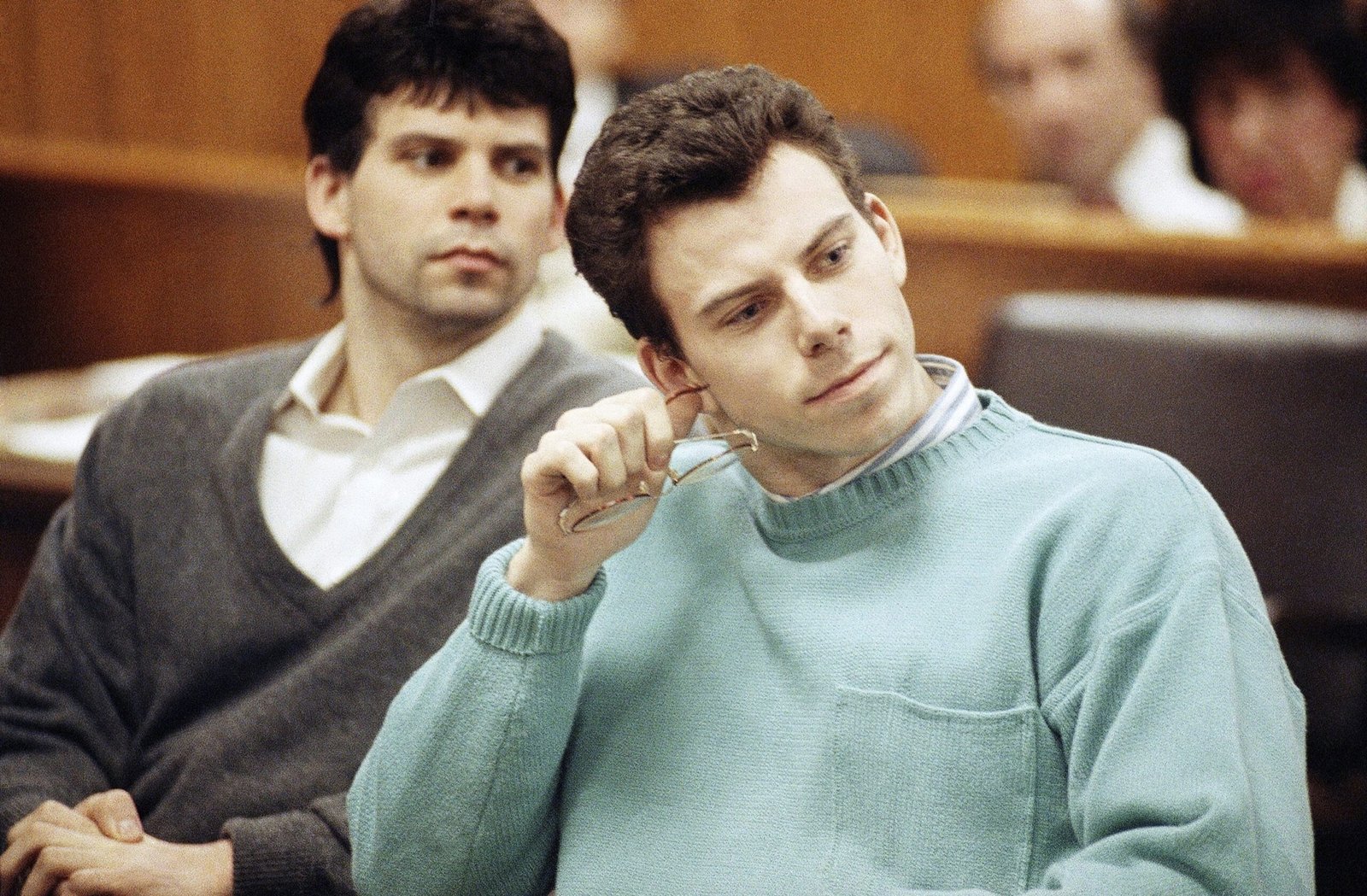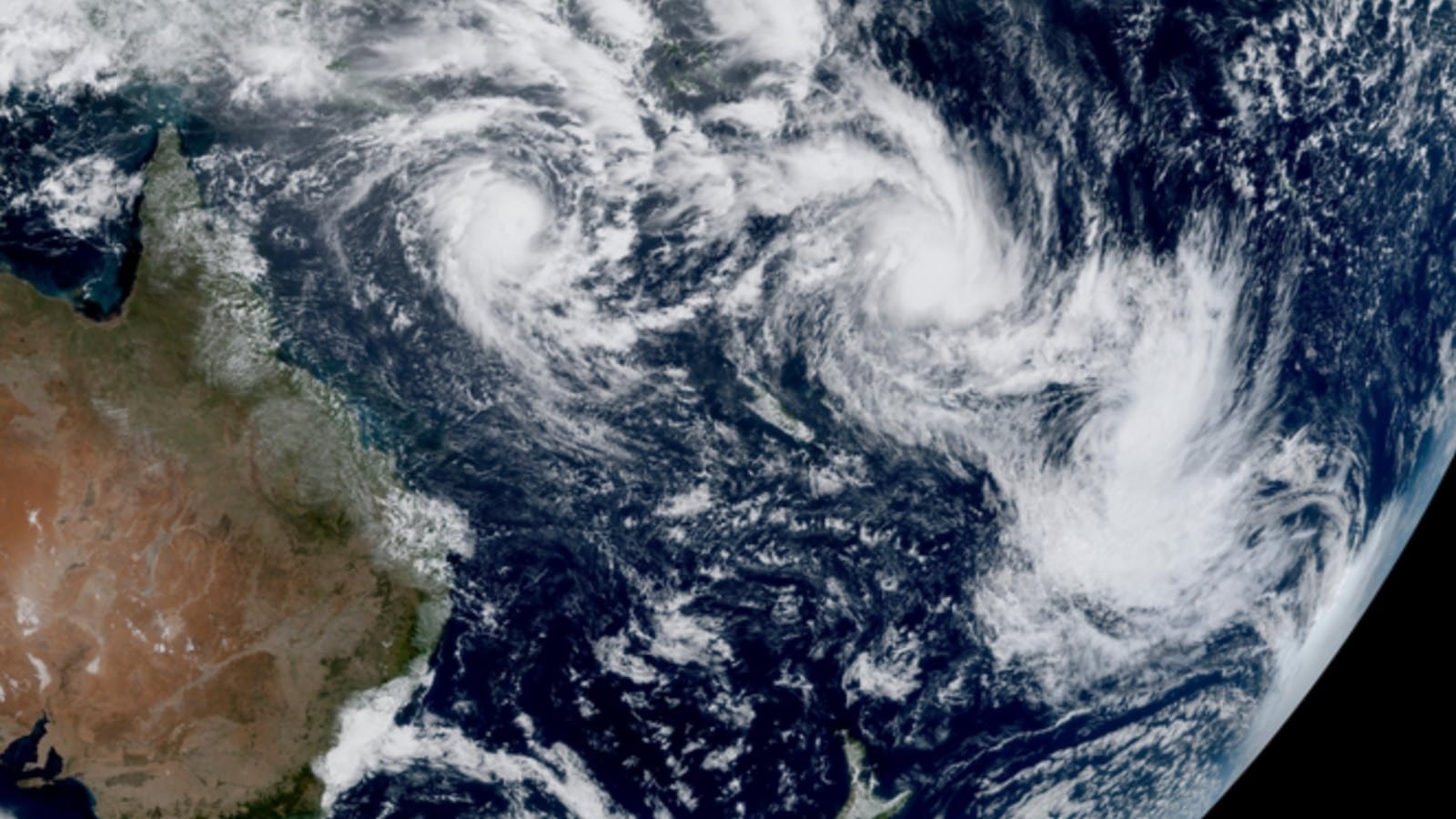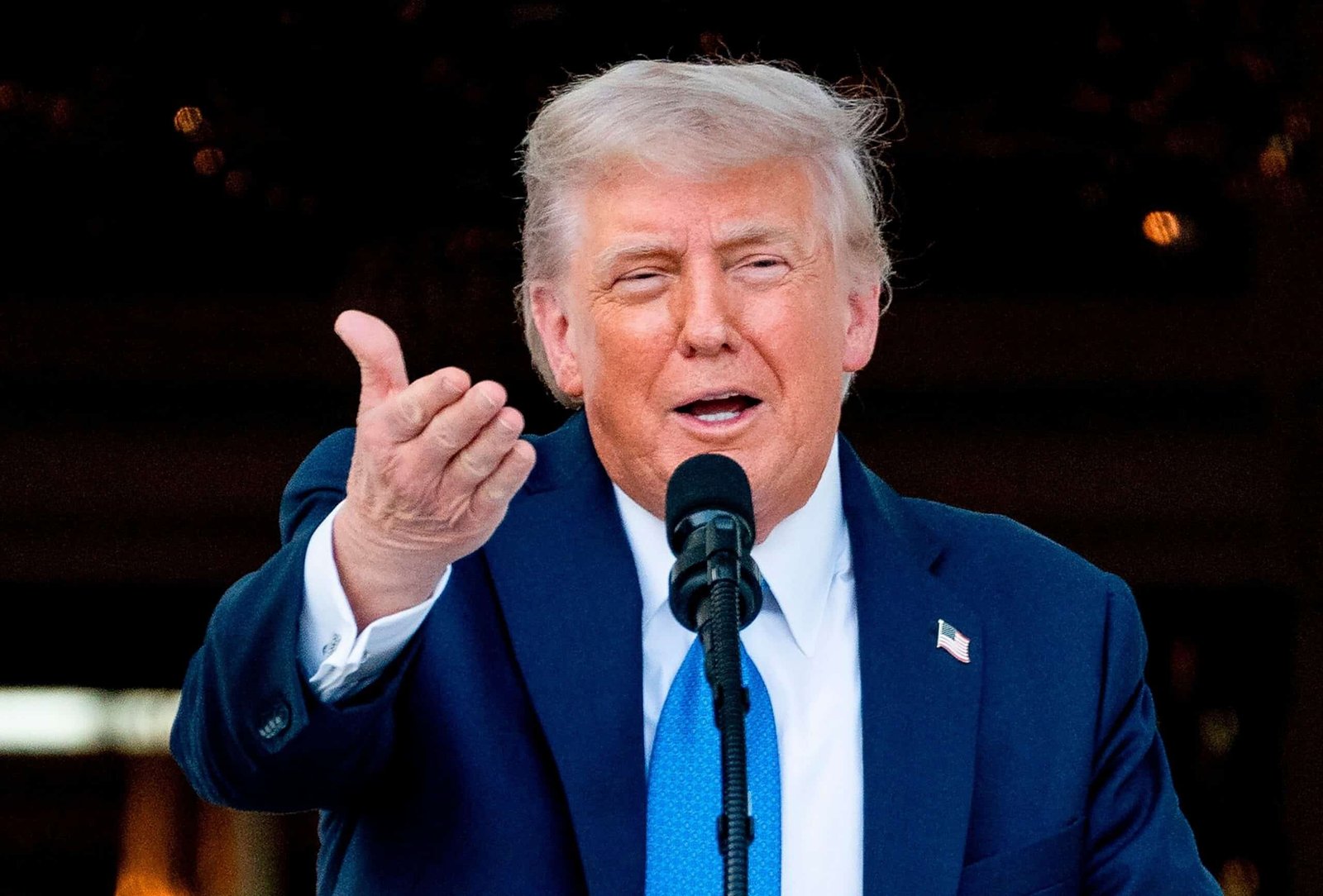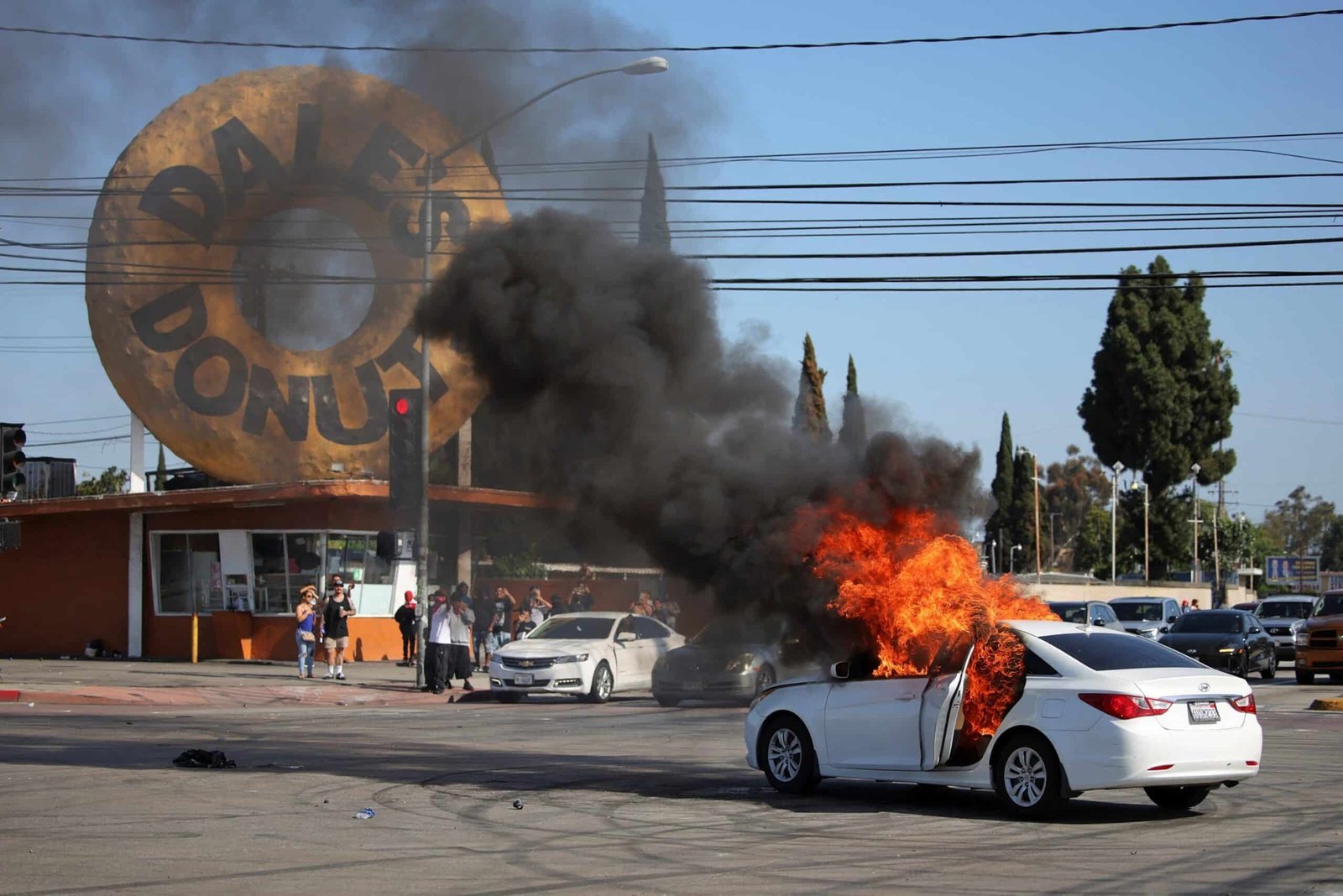Trump increases pushbacks in the initial pentagon analysis of the damage to the Nuke Iran site
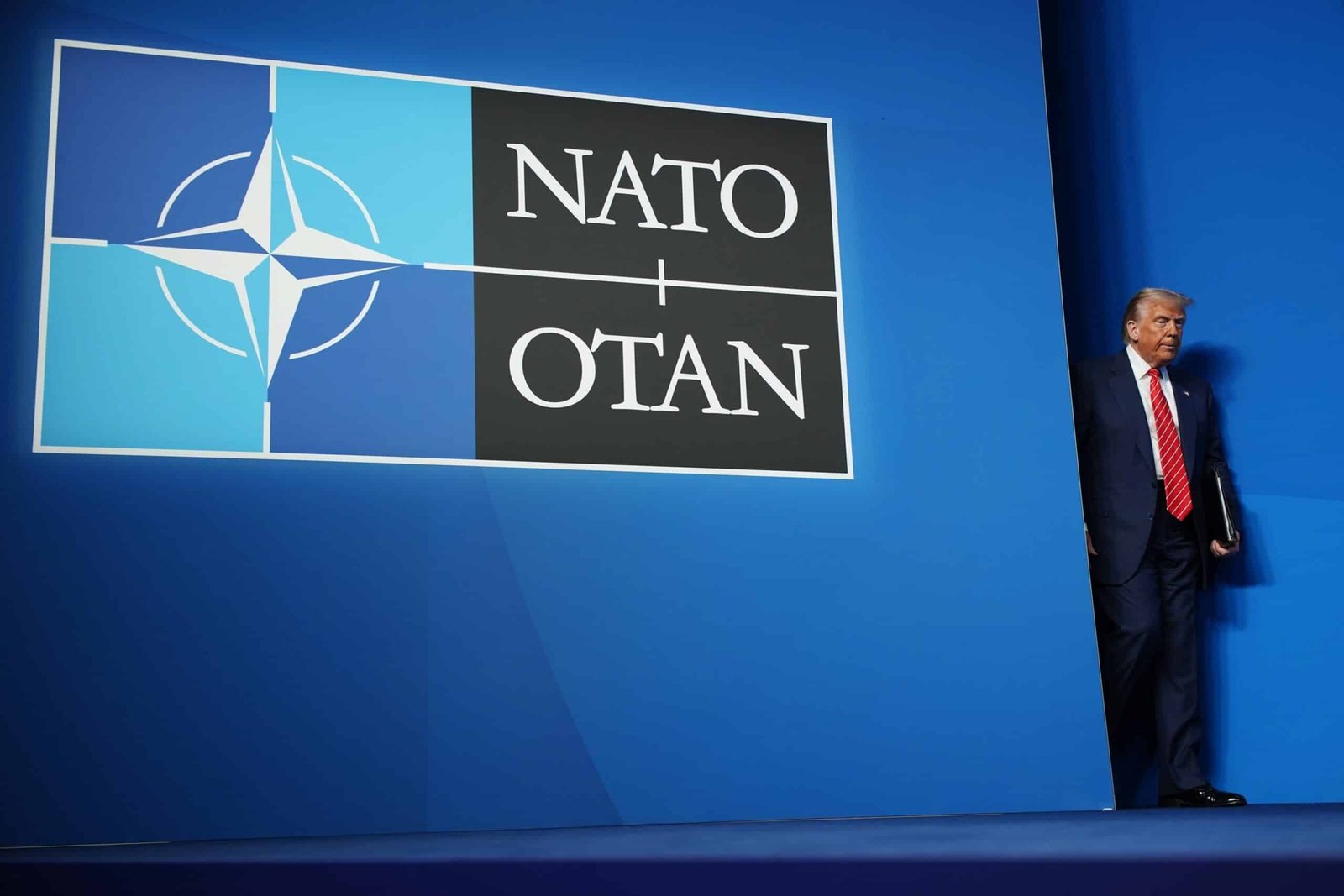
President Donald Trump again claimed the “total removal” of the Iranian nuclear program during the NATO Summit in the Netherlands, increased its pushbacks on the initial Pentagon intelligence report that suggested joint strikes with As-Israel may have returned Iran’s nuclear program only with the month issue.
“I believe it is a total removal,” Trump told reporters who spoke with NATO Secretary General Mark Rutte in the Hague, the Netherlands.
Initial analysis of strikes by the Defense Intelligence Agency and the US Central Command encourages questions as the efficacy of operations. Two people who are familiar with the report told ABC News that they suggested that the strike to carry out limited damage and that Iran could move uranium stocks that were enriched before the strike occurred.
Then on Wednesday, during the Solo Press Conference, Trump continued to encourage the analysis and claimed American pilots who carried out strikes were being demeaned by news reports on the preliminary assessment of the Pentagon.
“Since then, we have gathered additional intelligence,” he said. “We also talked to people who had seen the site, and this site was eliminated, and we thought everything was nuclear there. They didn’t take it out.”

President Donald Trump arrived to speak to the press after the NATO Summit, June 25, 2025 in the Hague, the Netherlands.
Andrew Harnik/Getty Image
“They presented something that has not been completed,” Trump said about US intelligence about the impact of US attacks. During the press conference, Trump highlighted Israel and Iran’s reports about damage caused by strikes.
Iranian Foreign Ministry spokesman Esmail Baghaei said on Wednesday that the country’s nuclear facilities had been “badly damaged,” as quoted by the Associated Press – Trump repeated.
In Iran, Trump told reporters that he was not interested in starting negotiations and did not see it as “necessary.” Although he also said that the US would talk to Iran “next week” and “We might sign an agreement. I don’t know.”
“I no longer see them again involved in a nuclear business,” Trump said about Tehran.

The satellite image by the PBC Planet Labs shows the Iranian underground nuclear enrichment site at the Fermo after the US air strike targets the facility, on June 22, 2025.
Planet Labs PBC/AP
Trump previously on Wednesday Iran’s nuclear program had been re -established “Basically a few decades,” added, “It disappeared for years.”
“I believe they have no chance to issue anything, because we act quickly,” Trump said. “If it will take two weeks, maybe. But it is very difficult to delete such material, very difficult and very dangerous. Plus, they know we will come, and if they know we come, they will not be there.”
Asked whether they could rebuild and whether the US would attack again, Trump said it would be a problem with others.
“I don’t need to worry about that,” he said. “This is lost for years, it is very difficult to rebuild, because everything collapses. In other words, inside, everything collapses. Nobody can enter to see it, because it collapses.”
Asked if he trusted US intelligence, the President said the initial report was “very convincing. Intelligence said we did not know, it could be very severe, that was what intelligence said. That’s very severe.
Defense Minister Pete Hegseth and State Secretary Marco Rubio also spoke to support the president’s position, after accompanying Trump to the Hague.
Like Trump, Hegseth (which the President was described as “Secretary of War”) claimed what he called “fake news” about the pentagon assessment as a demeaning B-2 pilot who carried out strikes.
“These pilots repeat these fighters, these aerial defenders, skills and courage brought to the enemy territory that flies 36 hours on behalf of American people in the world to take nuclear programs is outside what can be understood by anyone in this hearing,” Hegseth said, speaking next to Trump at his press conference.
The Secretary of Defense also rejected the initial pentagon analysis of damage carried out by military operations.
“Considering that 30,000 pounds of explosives and the ability of ammunition, it is a destruction under the former,” Hegseth said.
“Any assessment that tells you that it is something that does not speculate with other motives,” continued Hegseth. “And we know that because when you really see the report, by the way, it is a secret report, it is an introduction, it is a low self -confidence.”
Hegseth suggested that the leakage of the report had a “political motive,” added, “We are investigating a leak with the current FBI because of this information for internal purposes.”
Rubio also claimed that the leak of preliminary reports was motivated politically, saying that the attack caused “total and total removal.”
“But all this leaker, this leaker is a professional stabbing,” he said. “They come out and they read these things, and then they tell you what is said against the law, but they characterize it for you in a right way -really wrong.”
The report encouraged further concern among Trump’s opponents in Washington. Democratic Sens. Jeanne Shaheen and Chris Coons told ABC News at the NATO Summit that it was too early to determine the success of US strikes, adding that this new battle round could be avoided if Trump was not withdrawn from Iran’s nuclear agreement in his first term of office.
“The American public needs an answer for what really happened,” Shaheen, a member of the Senate Foreign Relations Committee and the senior member of the Senate Armed Service Committee, said. “If what we see is that Iran’s nuclear program has not been eliminated, then we need to try and bring Iran back to the negotiation table,” he added.
Shaheen said further nuclear tension was also possible, because Tehran could “be sure of their race to get nuclear weapons even more important – remembering the example of North Korea – and they would do everything possible to get there as fast as possible.”

President Donald Trump spoke at the NATO Summit in the Hague, the Netherlands, on June 25, 2025.
Piroschka van de Wouw/Reuters
Meanwhile, Trump said that the ceasefire was “going very well” even though Tuesday’s exchange continued, which encouraged him to attack Israel and Iran and spoke with Israeli Prime Minister Benjamin Netanyahu to warn him from further attacks.
“Israel returned yesterday,” he said. “I am very proud of them, because they return, you know, they come out because they feel it is a violation. And technically they are right, but that will not work well. And they bring the plane back.”
“They will not fight each other,” he added Israel and Iran. “They already have it. They have a big fight, like two children in the school yard. You know, they struggle very well. You can’t stop them. Let them fight for about two, three minutes. So it’s easier to stop them.”
Trump said the US attack on Iran’s nuclear facilities on Saturday was proven to be decisive. “The blow ended the war,” he said, equating the US atomic bomb attack in Japan at the end of World War II.
“I don’t want to use the example of Hiroshima, I don’t want to use the example of Nagasaki, but basically it is the same thing that ended the war,” Trump said. “If we don’t get it out, they will do it, they will fight now,” he continued.
The President expressed optimism about the future of US and Iran relations.
“I think we will have a relationship with Iran,” he said. “I have had a relationship for the past four days. They agreed to be a ceasefire, and that was a very equal agreement. They both said, it was enough. They both said.”
ABC News’ Joe Simonetti, Luis Martinez, Anne Flaherty and Ivan Pereira contributed to this report.

